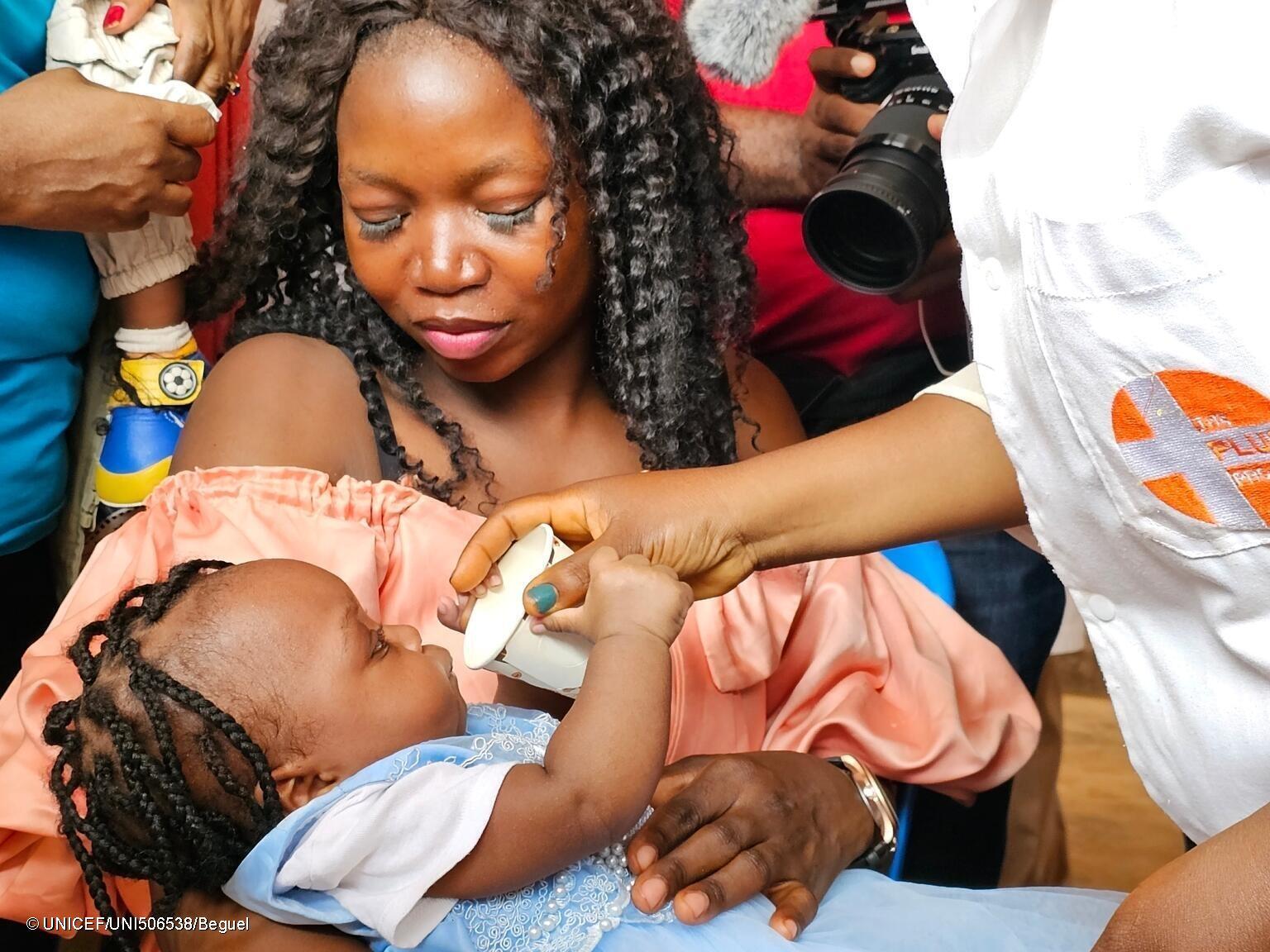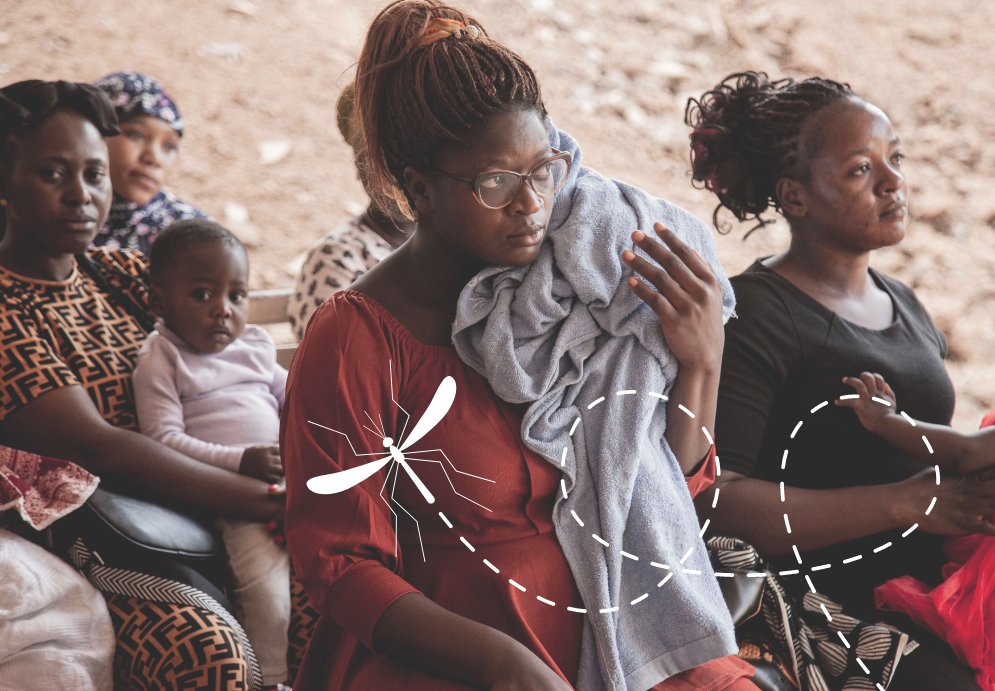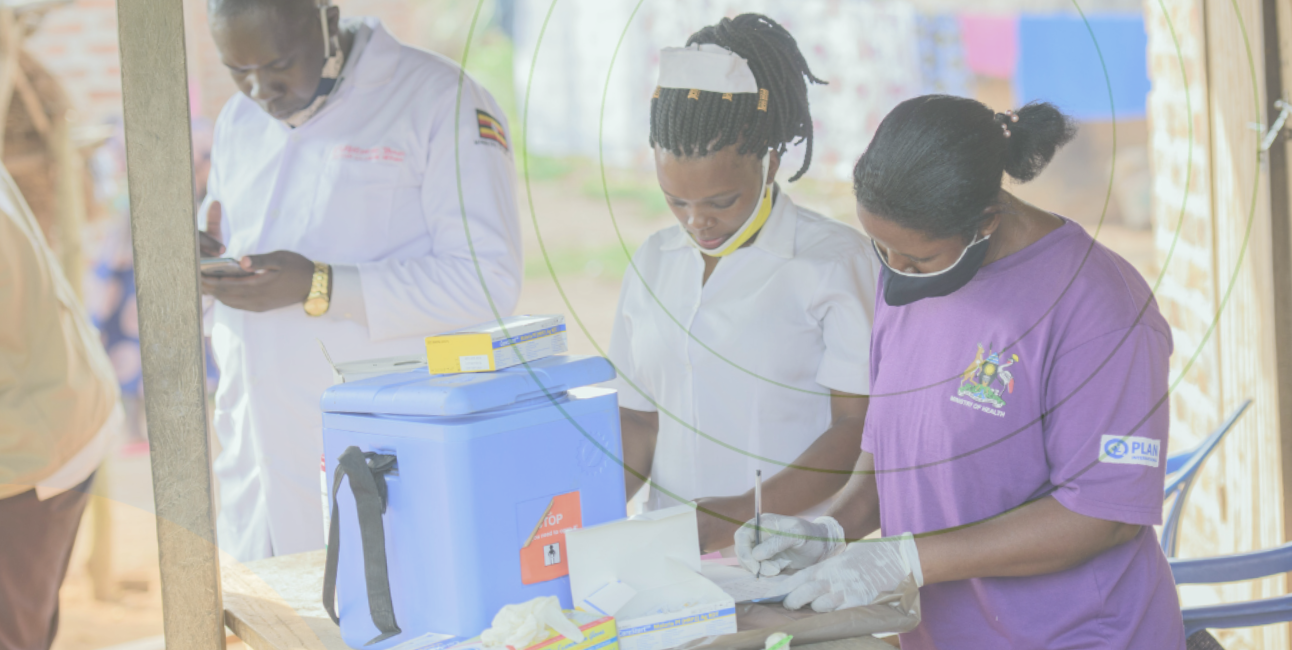Cameroon Begins Malaria Vaccine Rollout
Cameroon just became the first country to begin routine immunizations against malaria, with more to follow throughout 2024.

The first-ever routine vaccination program against malaria is underway in Cameroon. Last week, the symbolic first jab was given to a baby girl at a health center near the capital, Yaoundé. The vaccine is now being rolled out in 42 health districts across all of Cameroon’s 10 regions.
A historic milestone
Cameroon is one of the countries where the disease burden of malaria is most severe. The country sees an estimated 6.7 million malaria cases––and 14,000 deaths––every year, with children disproportionately affected.
Cameroon’s rollout is targeted to first reach children in the highest-transmission areas, where the vaccine can have the greatest impact. The overall vaccinating strategy will be tailored to the seasonality of malaria transmission in different parts of the country.
According to Dr. Shalom Tchokfe Ndoula, Permanent Secretary of the Expanded Programme on Immunization in Cameroon, widespread vaccine coverage across the country could reduce annual deaths from malaria by one-third and hospitalizations by as much as 60%.
This historic milestone is just the first step towards protecting people across Cameroon, Africa, and the world from malaria.
About the RTS,S vaccine
Developing an effective vaccine against malaria has long been a longstanding goal for researchers and policymakers in global health. The RTS,S vaccine used in Cameroon’s immunization program—the first vaccine against malaria to be approved by the World Health Organization (WHO)—was more than 30 years in the making.
“This is another breakthrough moment for malaria vaccines and malaria control, and a ray of light in a dark time for so many vulnerable children in the world.”
Dr Tedros Adhanom Ghebreyesus, WHO Director-General
The vaccine has already been used successfully in pilot programs in Ghana, Kenya, and Malawi from 2019 to 2022. As part of these pilots, more than two million children were vaccinated with RTS,S, resulting in significant decreases in hospitalizations, serious illness, and mortality. However, it may take some time for supply to meet the demand generated by the success of the pilot programs, especially given the vaccine’s four-dose schedule.
Now, some 20 countries across Africa will be rolling out the vaccine in 2024 as part of their routine immunization programs. Benin, Burkina Faso, Sierra Leone, and Liberia have already received shipments of the RTS,S vaccine to begin their rollouts in the coming months.
A new chapter in the fight against malaria
With good but imperfect efficacy and some short-term supply constraints, the RTS,S vaccine is not a silver bullet to beat malaria. But when used in combination with existing measures such as insecticide-treated bed nets and anti-malaria drugs, the vaccine could have a huge protective impact on millions of children. And with a second vaccine––R21––recently pre-qualified by WHO, immunization is poised to continue transforming the fight against malaria in 2024 and beyond.



